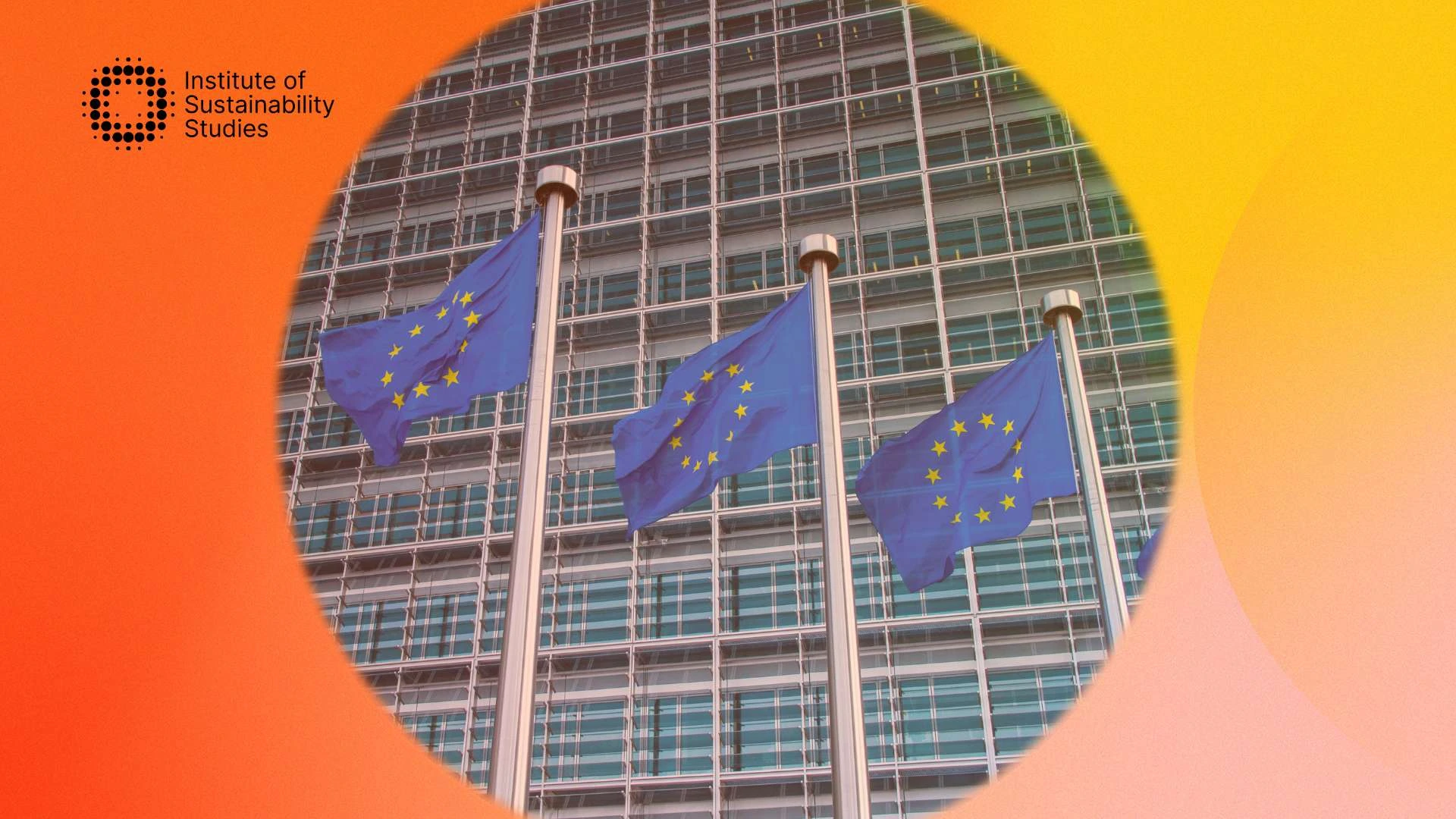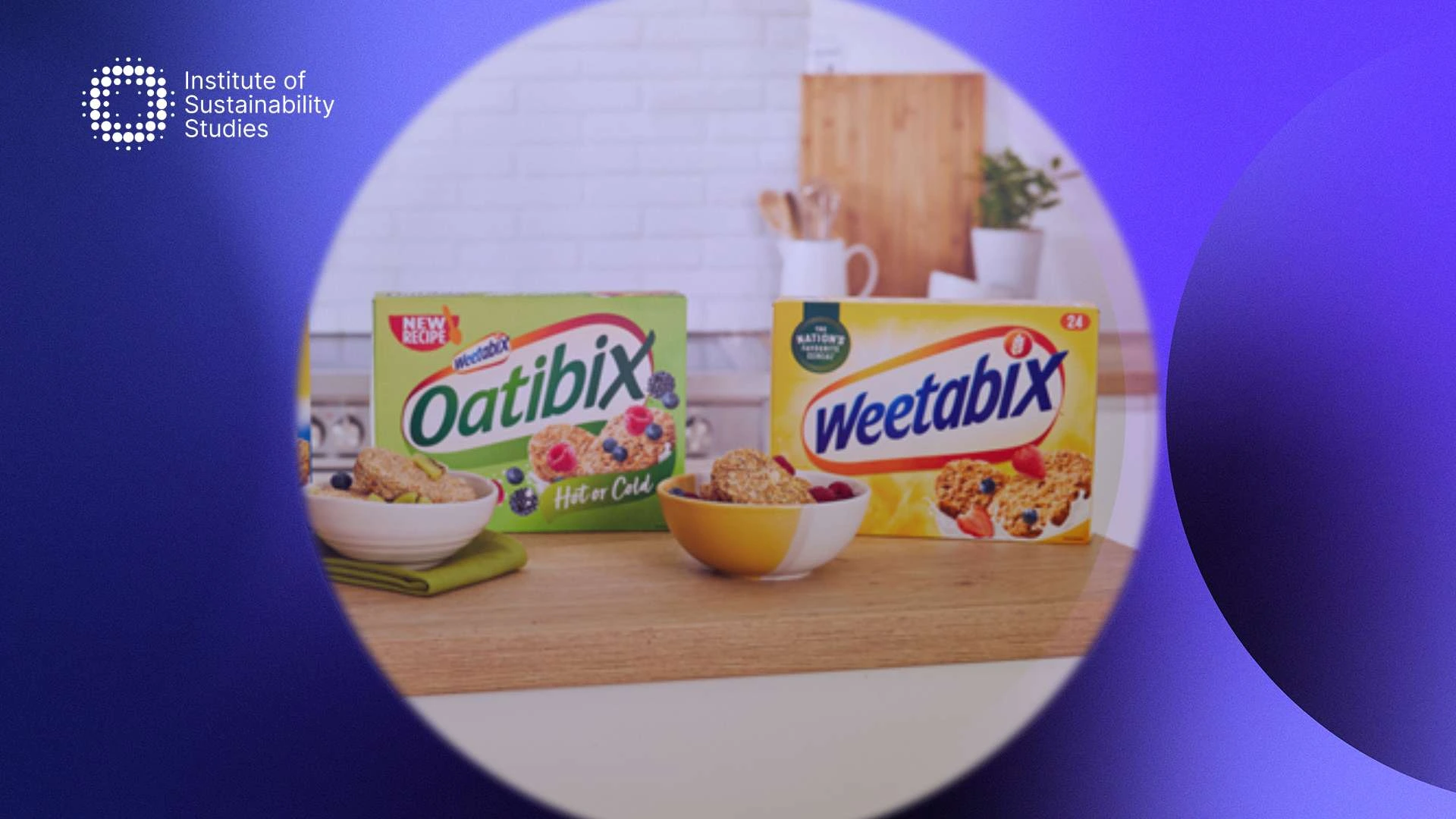As of January 1st 2025, the Sustainable Aviation Fuel UK Mandate has taken effect, signifying the country’s efforts to reduce emissions from the aviation industry. Producers of SAF claim its use reduces carbon emissions by roughly 70 percent compared to traditional aviation fuel.
Background of the Sustainable Aviation Fuel UK Mandate
SAF fuel can be produced from a range of sources, including used cooking oil and household waste. The Sustainable Aviation Fuel UK Mandate requires that 2 percent of the UK’s total jet fuel demand be met by SAF in 2025, with the percentage increasing to 10 percent in 2030, followed by 22 percent in 2040.
The UK Government is aiming to slash greenhouse gas emissions from aviation by up to 6.3 million tonnes of CO2 equivalent by 2040. SAF is expected to contribute significantly to achieving this target. By 2030, the UK is expected to use approximately 1.2 million tonnes of SAF annually.
This is enough to fuel the aviation sector for more than 3000 flights per year. It is also worth noting that global standards currently limit SAF blends in fuel mixes for each flight to 50 percent. With this in mind, most flights operating using some SAF use a much smaller proportion.
Alongside the environmental benefits, the Sustainable Aviation Fuel UK Mandate is expected to add £1.8 billion to the UK economy and create around 10,000 jobs. The UK Government also has plans to introduce a revenue certainty mechanism to attract investments in SAF production plants in the UK. A consultation for this will take place early this year.
Cap on feedstocks in the HEFA process
Another critical part of the Mandate is the cap on feedstocks used in the hydroprocessed esters and fatty acids (HEFA) process, which converts the vegetable oils into jet fuel. There will be no limitations on HEFA supply for the first two years, but the cap will reduce to 71 percent of the UK’s total SAF supply by 2030 and 35 percent by 2040.
Obligations for power-to-liquid fuels will begin in 2028 and will account for 3.5 percent of total jet fuel demand by 2040. To ensure compliance, the UK Government has initiated a buy-out mechanism. Fuel suppliers that fail to meet the SAF obligations will face penalties of £5.00 per litre for the power-to-liquid obligation and £4.70 per litre for the primary SAF obligation.
This move will form part of the broader Jet Zero Strategy, with the UK Government striving for domestic aviation and zero-emission airports in England by 2040 and net-zero emissions from global aviation by 2050. With this in mind, the Jet Zero Strategy will be reviewed once again in 2027.
Summary
The Sustainable Aviation Fuel UK Mandate is more than a regulation; it marks a turning point for aviation and a key part of airlines’ and fuel producers’ business sustainability strategy. While the initial SAF targets may seem modest, they lay the groundwork for an industry-wide transformation that will only accelerate in the coming decades. The UK is positioning itself as a leader in low-carbon aviation, but the success of this Mandate will depend on how quickly the domestic SAF supply chain can scale up to meet demand.
One of the biggest challenges will be ensuring that production keeps pace with growing SAF requirements. Looking ahead, the conversation around Sustainable Aviation Fuel will need to shift from feasibility to affordability. Although SAF can reduce emissions substantially, its cost remains a barrier, especially since it is significantly higher than conventional jet fuel. Government incentives, industry collaboration, and technological advancements will be crucial in bringing prices down and making SAF a viable mainstream alternative.
To navigate this evolving landscape, professionals and organisations must stay informed and ready to lead. Explore our sustainability courses UK to gain the tools and insights needed to drive sustainable innovation in aviation, energy, and beyond. Prepare your team to meet emerging regulatory standards and shape a net-zero future.
Ryan is an experienced sales professional with a Bachelor’s Degree in Accounting from Rathmines College and a qualification in Social Studies and Psychology. Before joining ISS, he worked with major companies like Permanent TSB and PrepayPower.
Passionate about promoting sustainability through education, Ryan is dedicated to guiding individuals on their learning journeys. As a key member of our team, he provides valuable support to current and prospective participants in achieving their educational goals.
- Ryan Westonhttps://instituteofsustainabilitystudies.com/insights/author/ryan/
- Ryan Westonhttps://instituteofsustainabilitystudies.com/insights/author/ryan/
- Ryan Westonhttps://instituteofsustainabilitystudies.com/insights/author/ryan/
- Ryan Westonhttps://instituteofsustainabilitystudies.com/insights/author/ryan/










